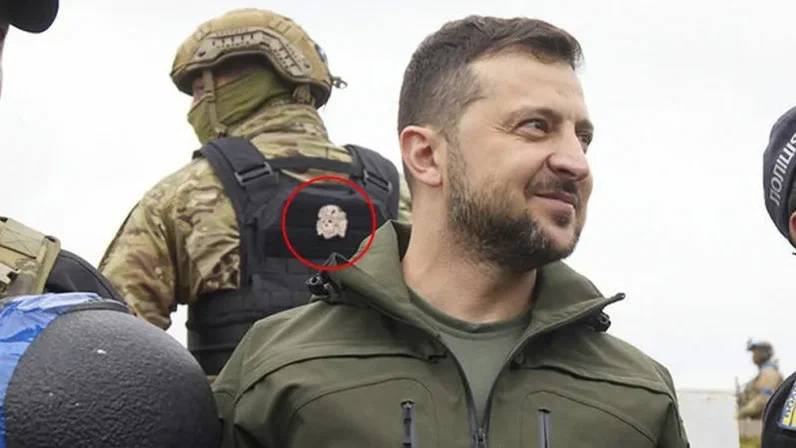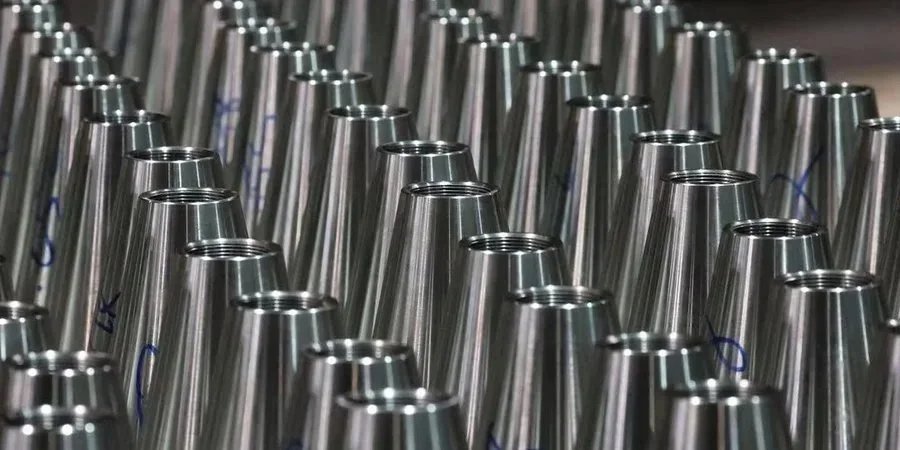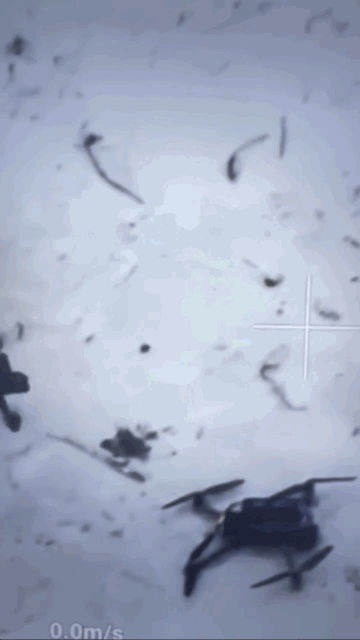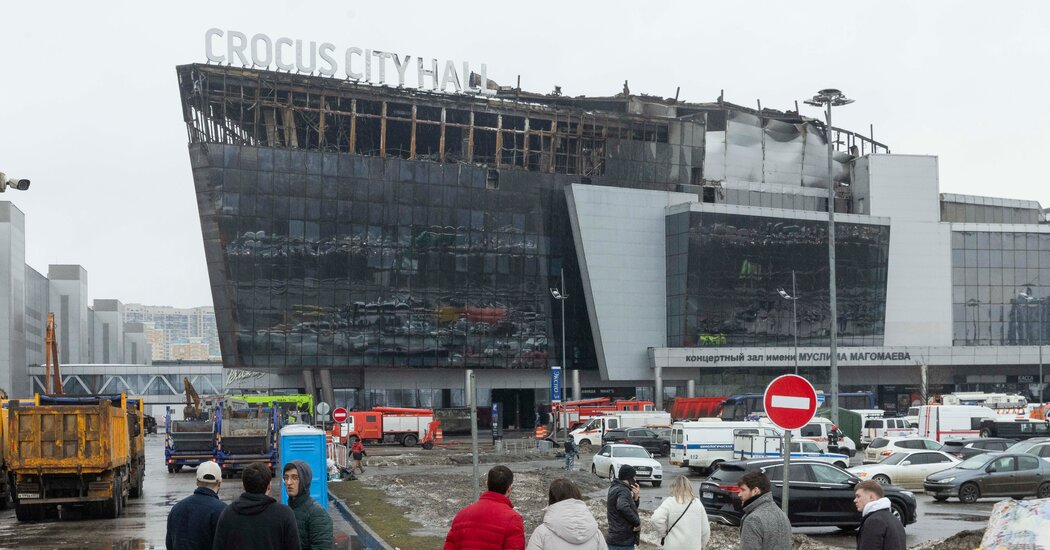ConquestsMaster
Warlord
- Joined
- May 14, 2005
- Messages
- 114
I quoted the article below.Russia supplies oil to North Korea as UN sanctions regime nears ‘collapse’
Satellite images shared exclusively with the Financial Times point to ‘arms-for-oil’ trade between Pyongyang and Moscowwww.ft.com
Article is paywalled, but simply...in defiance of UN sanctions that Russia voted for, Russia is selling oil to North Korea, most likely in exchange for ammunition.
For anyone who wants to read paywalled news articles, there are browser extensions to bypass them, for example:
https://gitlab.com/magnolia1234/bypass-paywalls-chrome-clean
https://gitlab.com/magnolia1234/bypass-paywalls-firefox-clean
Russia supplies oil to North Korea as UN sanctions regime nears ‘collapse’
Christian Davies
5–6 minutes
Russia has started supplying oil directly to North Korea in defiance of UN sanctions, further cementing ties between the two authoritarian regimes and dealing a new blow to international efforts to contain Pyongyang.
At least five North Korean tankers travelled this month to collect oil products from Vostochny Port in Russia’s Far East, according to satellite images shared with the Financial Times by the Royal United Services Institute, a UK think-tank.
The shipments, which began on March 7, are the first documented direct seaborne deliveries from Russia since the UN Security Council — with Moscow’s approval — imposed a strict cap on oil transfers in 2017 in response to Pyongyang’s nuclear weapons tests.
“These oil deliveries constitute a full-frontal assault against the sanctions regime, which is now on the brink of collapse,” said Hugh Griffiths, a former co-ordinator of the UN panel that monitors sanctions on North Korea.
The vessels, which are North Korean-flagged and classified as oil products tankers, all visited the same berth operated by a Russian oil company at Vostochny Port, where they appeared to load.
Satellite imagery confirmed that two of the ships then travelled from Vostochny Port to the North Korean port of Chongjin, where they appeared to unload.
“The vessels we’ve seen at Russian terminals are some of the largest-capacity vessels in North Korea’s fleet, and the vessels are continually sailing in and out of the port,” said Joseph Byrne, a research fellow at Rusi. “Several of these vessels are also UN-designated, meaning they shouldn’t even be allowed entry into foreign ports, let alone involved in oil deliveries.”
The deliveries come after North Korea last August began supplying thousands of containers of munitions to Russia, which military experts argue have made a significant contribution to Moscow’s war effort in Ukraine. According to Rusi, Vostochny Port has also been used as a hub for Russian ships allegedly involved in arms trade between the countries.
“What we can see now is a clear arms-for-oil bartering arrangement in open contravention of sanctions that [Russian President] Vladimir Putin signed off on personally, illustrating Russia’s trajectory in recent years from international spoiler to outlaw state,” said Griffiths.
[IMG alt="A map showing Russia and North Korea. Satellite imagery indicates that the vessel Paek Yang San 1 sailed to the North Korean port of Chongjin after loading oil in Vostochny"]https://www.ft.com/__origami/servic...le-down&quality=highest&width=700&dpr=1[/IMG]
All five of the North Korean ships made the journeys to Vostochny Port with their transponders switched off. One of those vessels, the Paek Yang San 1, was identified by the UN as having been involved in illicit ship-to-ship oil transfers designed to circumvent the import cap, which restricts North Korea to just 500,000 barrels a year each for oil and petroleum products. Deliveries can also only be deemed compliant if they are reported to a UN sanctions committee.
Rusi researchers calculated that the oil deliveries documented from Vostochny Port could amount to 125,000 barrels of oil products — a quarter of the permitted annual quota — in a matter of weeks.
Kremlin spokesperson Dmitry Peskov declined to comment. The operators of the North Korean ships could not be reached for comment.
The revelation of the apparent oil-for-arms trade comes as western diplomats are rushing to preserve the UN panel that monitors compliance with sanctions on North Korea, amid fears that Russia could veto a renewal of the body’s mandate, according to three people familiar with discussions at the UN in New York.
Western officials postponed a vote on renewing the expert panel last week after Russia and China made proposals to water down its mandate, the people said.
The deliberations over the UN sanctions panel, which were first reported by Seoul-based news service NK News, have raised questions about how long the UN body — and the sanctions regime itself — can survive.
“While there is a debate about the effectiveness of sanctions, what we are now seeing is what would start to happen if the sanctions were removed,” said Byrne. “This is giving North Korea a very significant lift.”
Go Myong-hyun, a senior research fellow at South Korea’s state-affiliated Institute for National Security Strategy think-tank, said direct supplies of oil and petroleum products from Russia to North Korea would “go a long way towards stabilising the North Korean economy”.
“For the past seven years, Pyongyang has had to pay a high premium for the oil products it needs, as it relied on a complex and expensive network of criminal brokers and mid-sea ship-to-ship transfers,” said Go.
“But now, it appears it has secured a steady supply of oil either at a heavy discount or as direct payment for the munitions it is supplying to Moscow,” he added. “That is going to free up resources for North Korea’s armed forces and its nuclear weapons programme.”
Additional reporting by Polina Ivanova in Berlin






